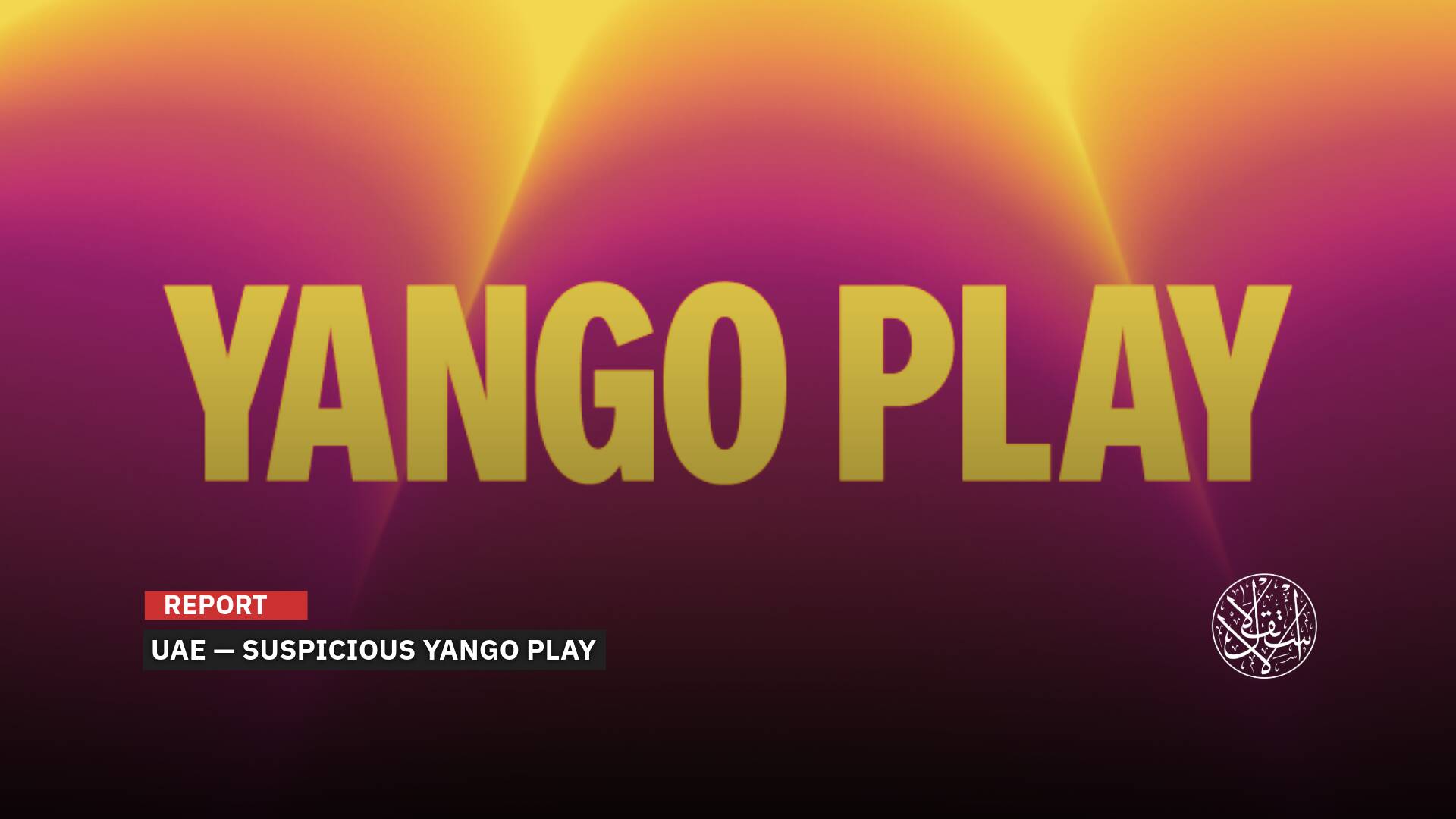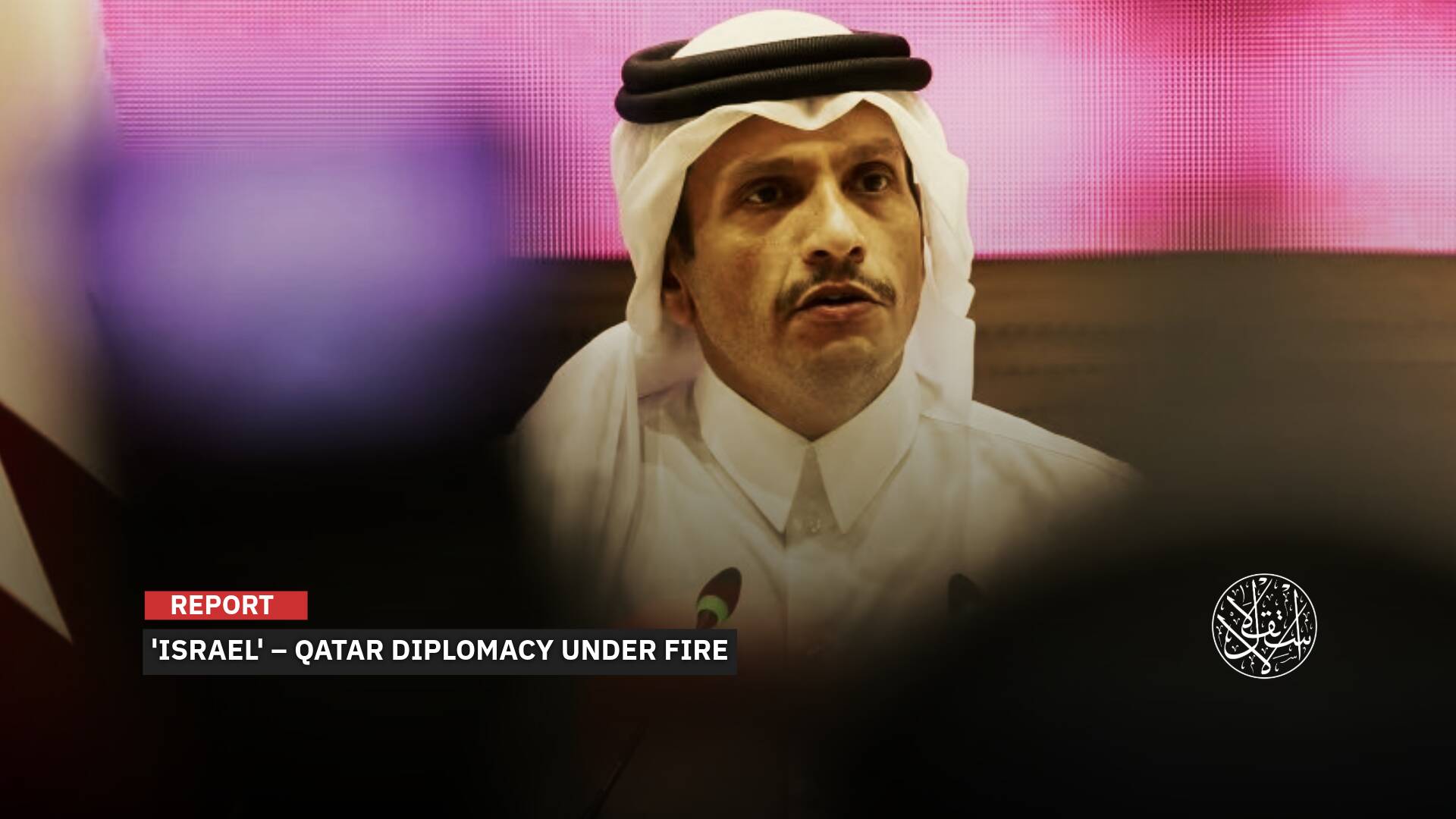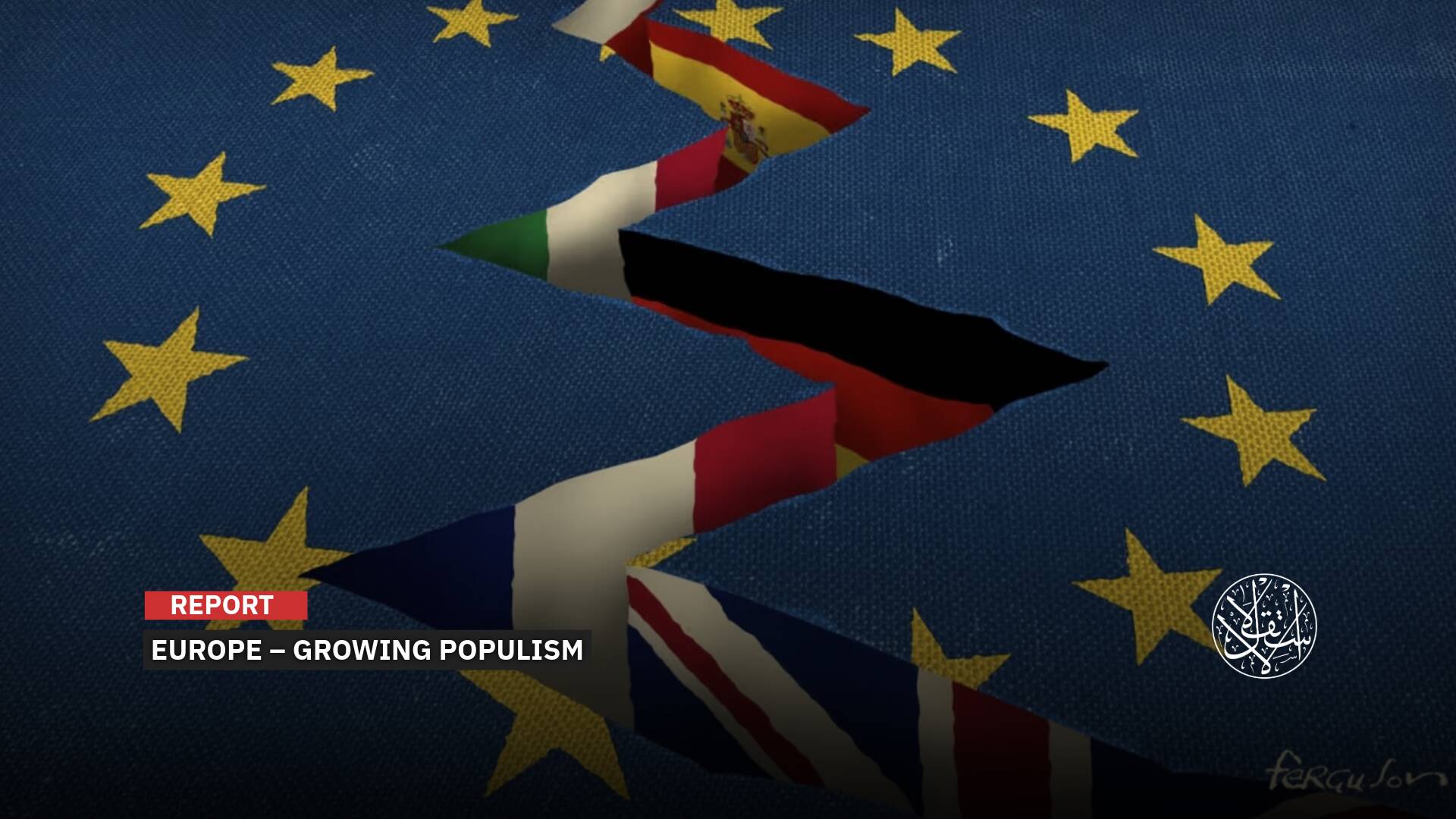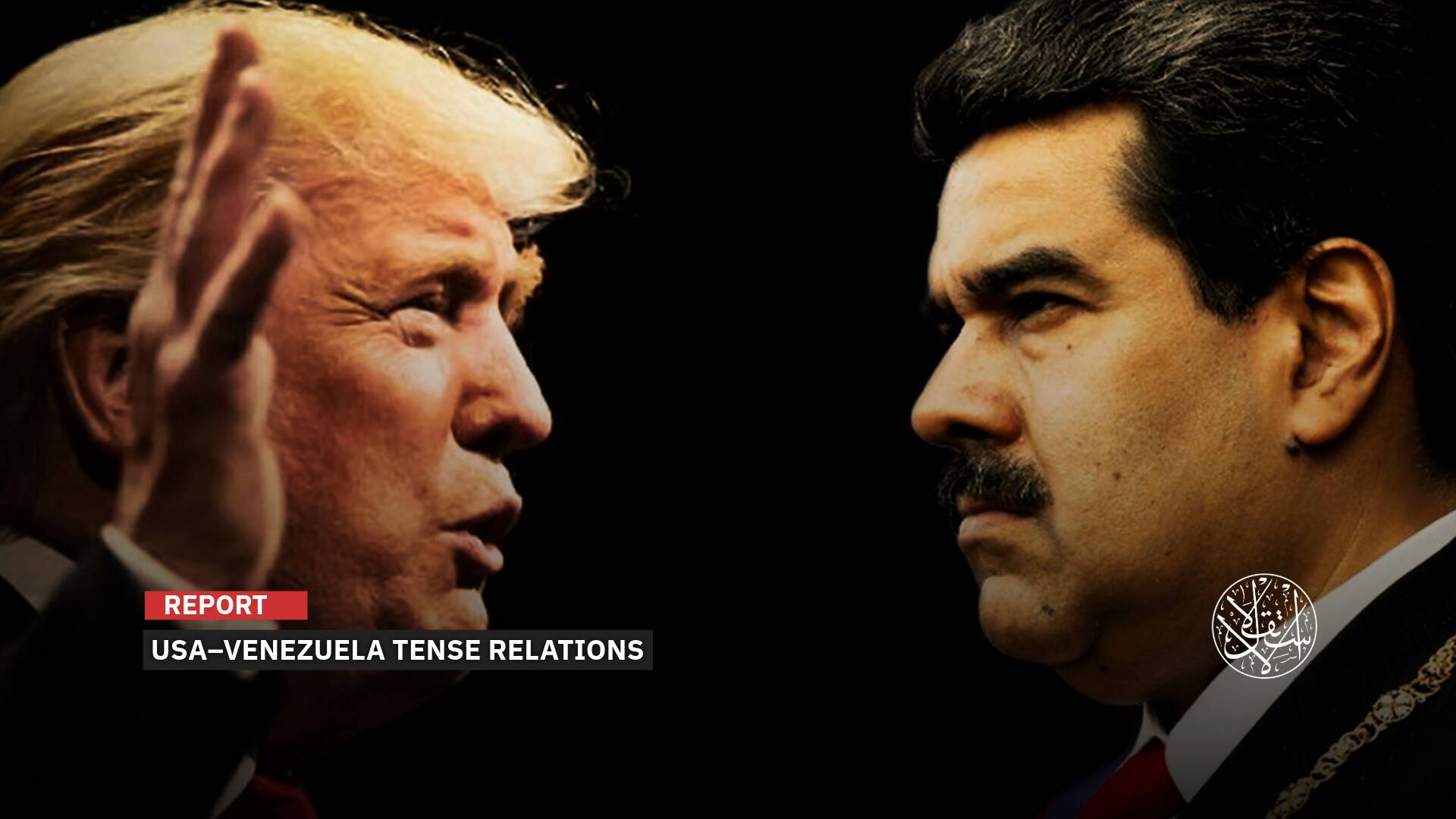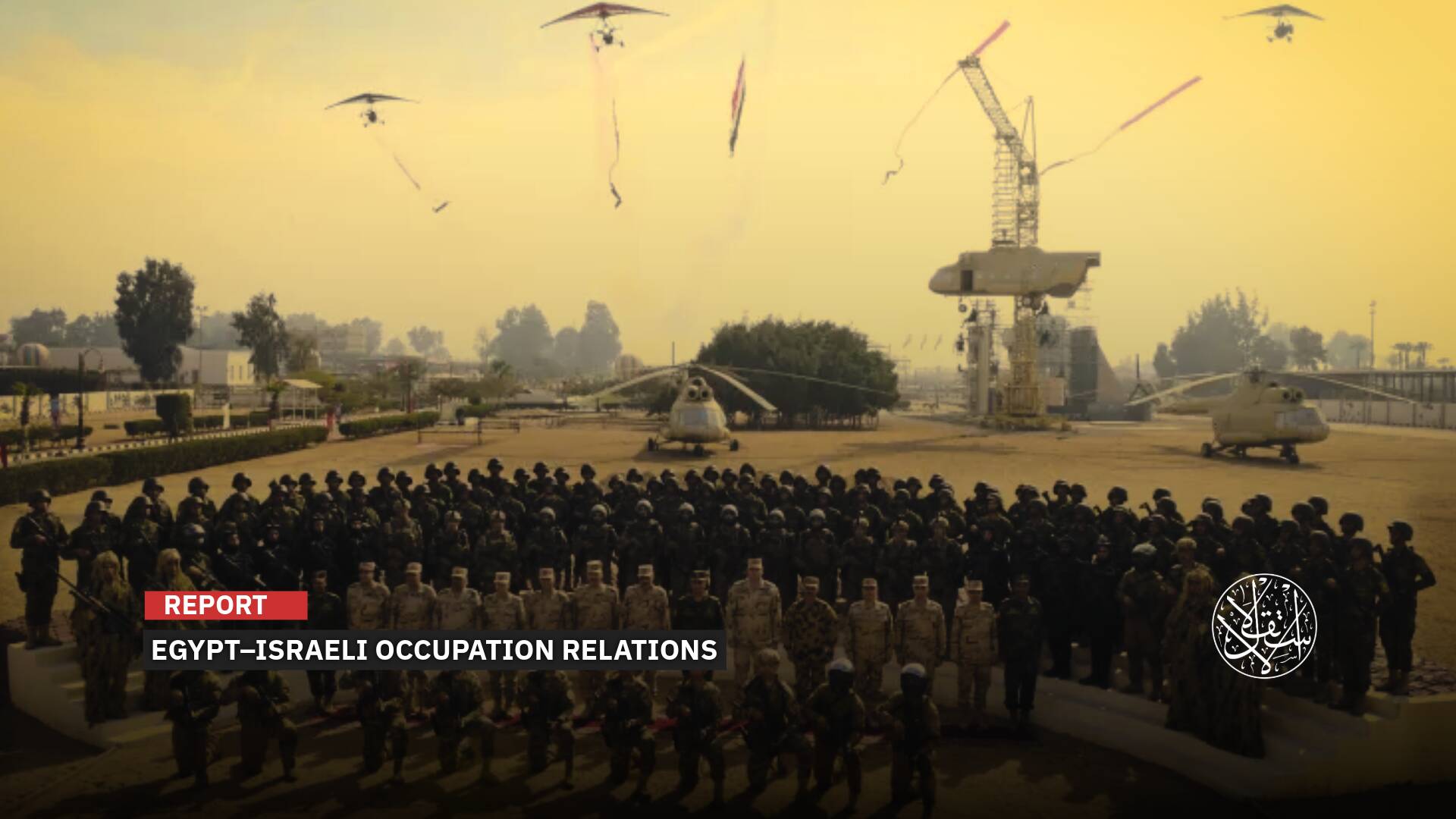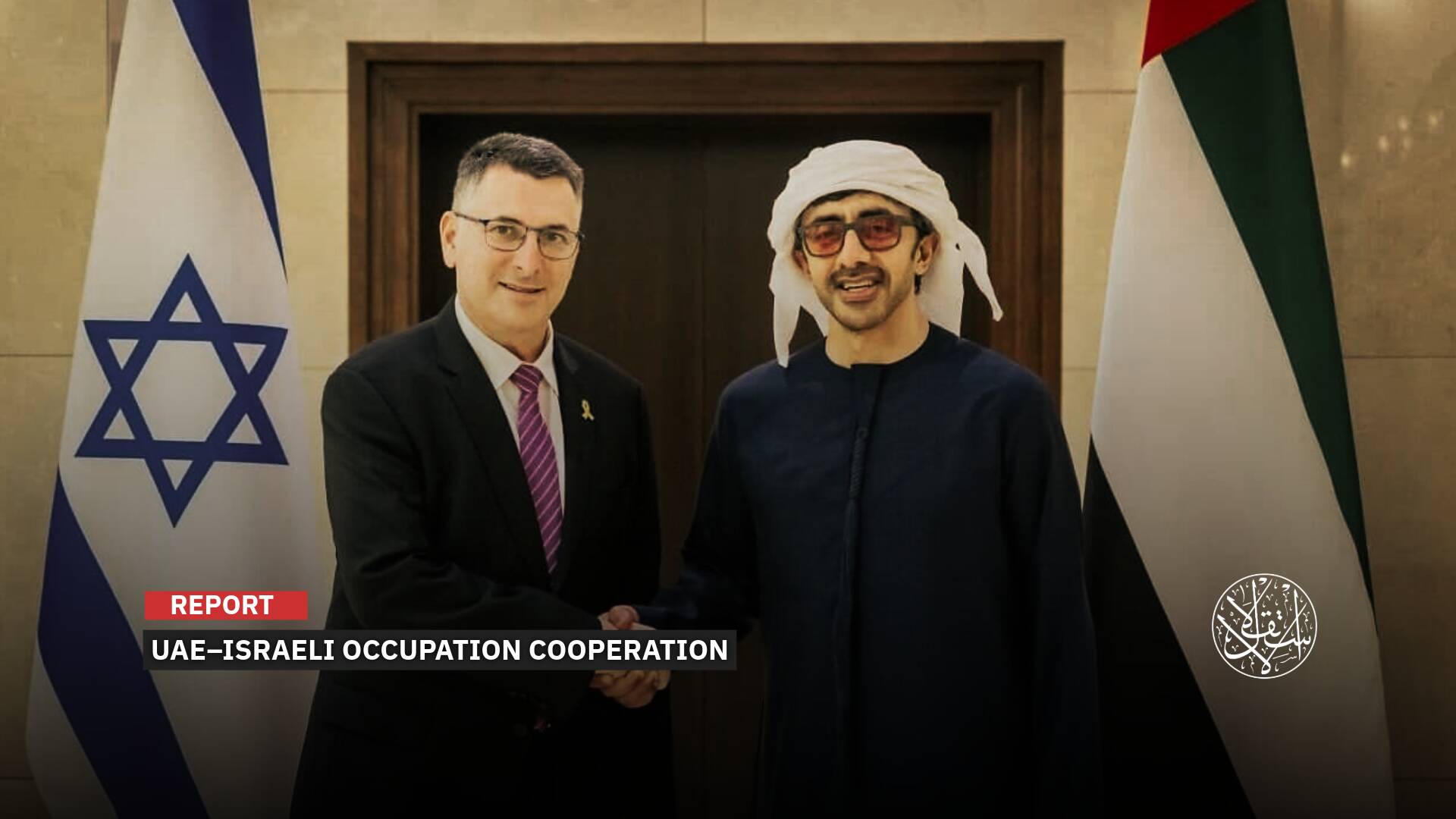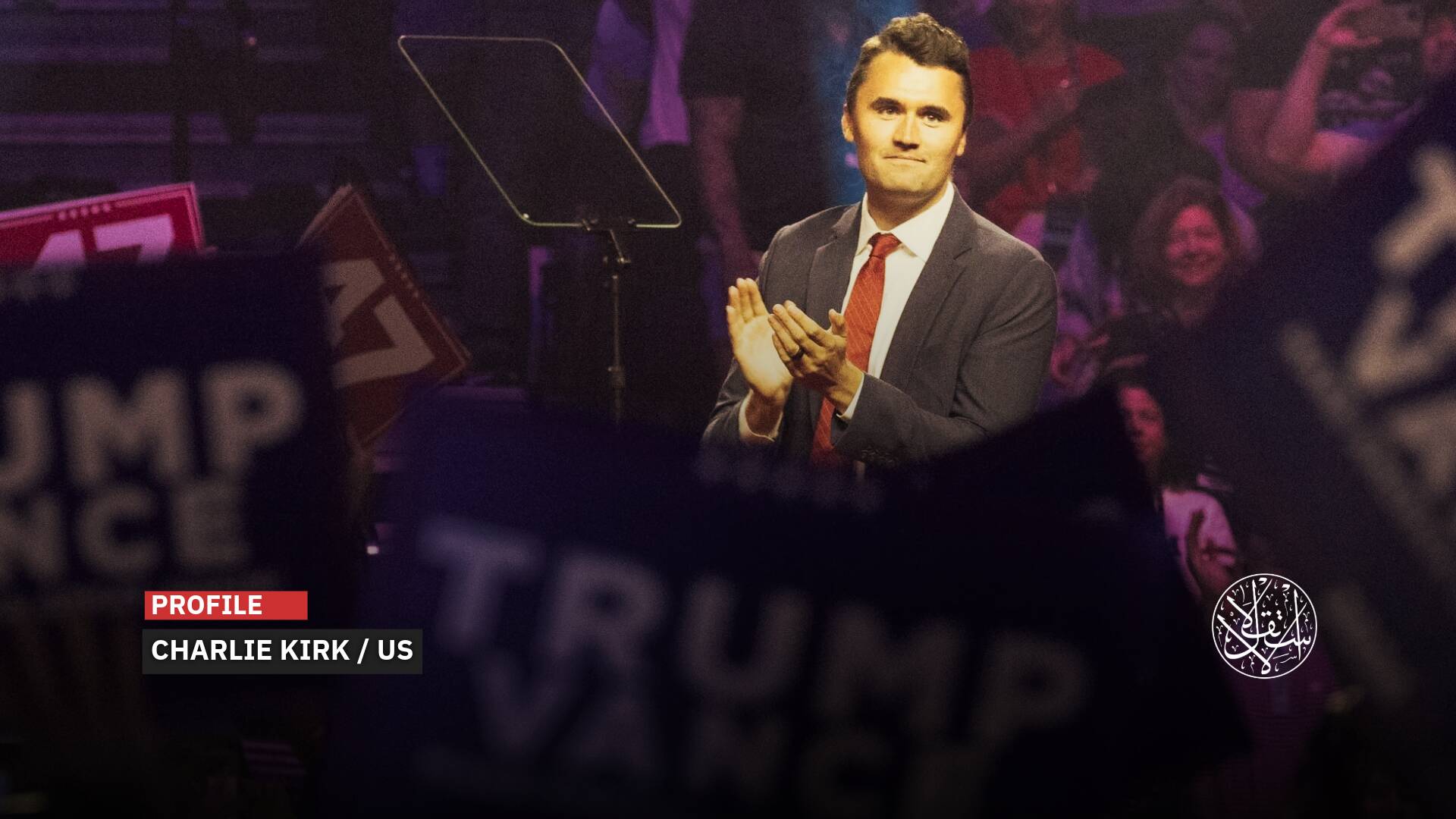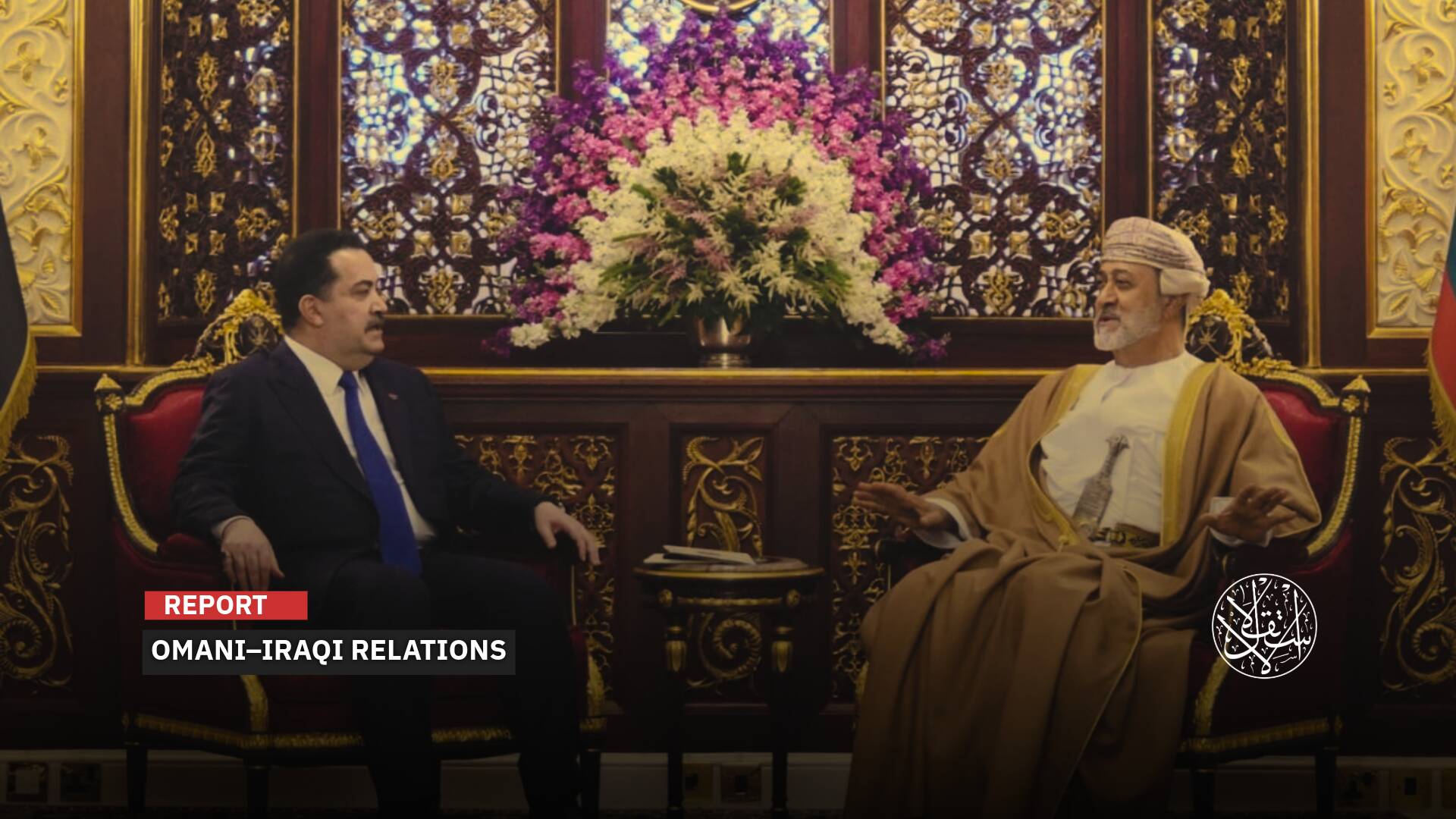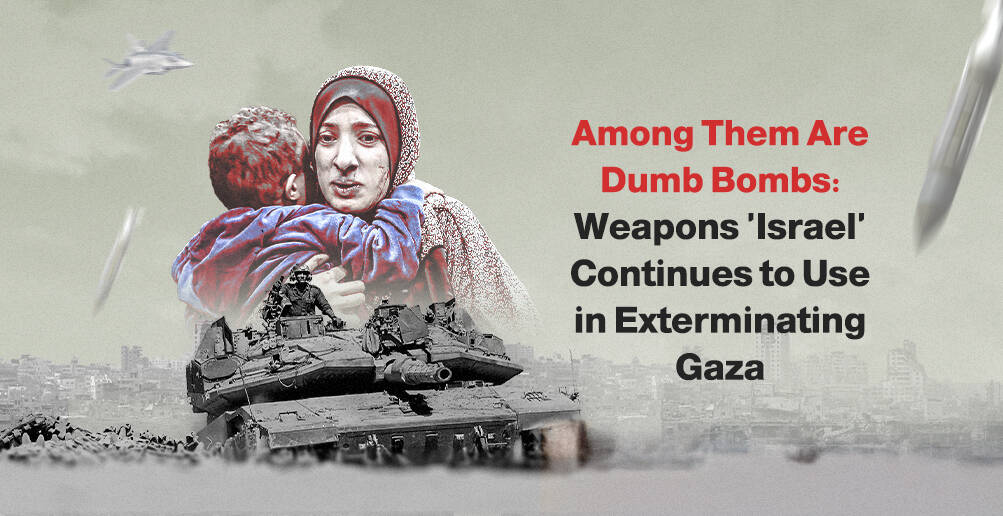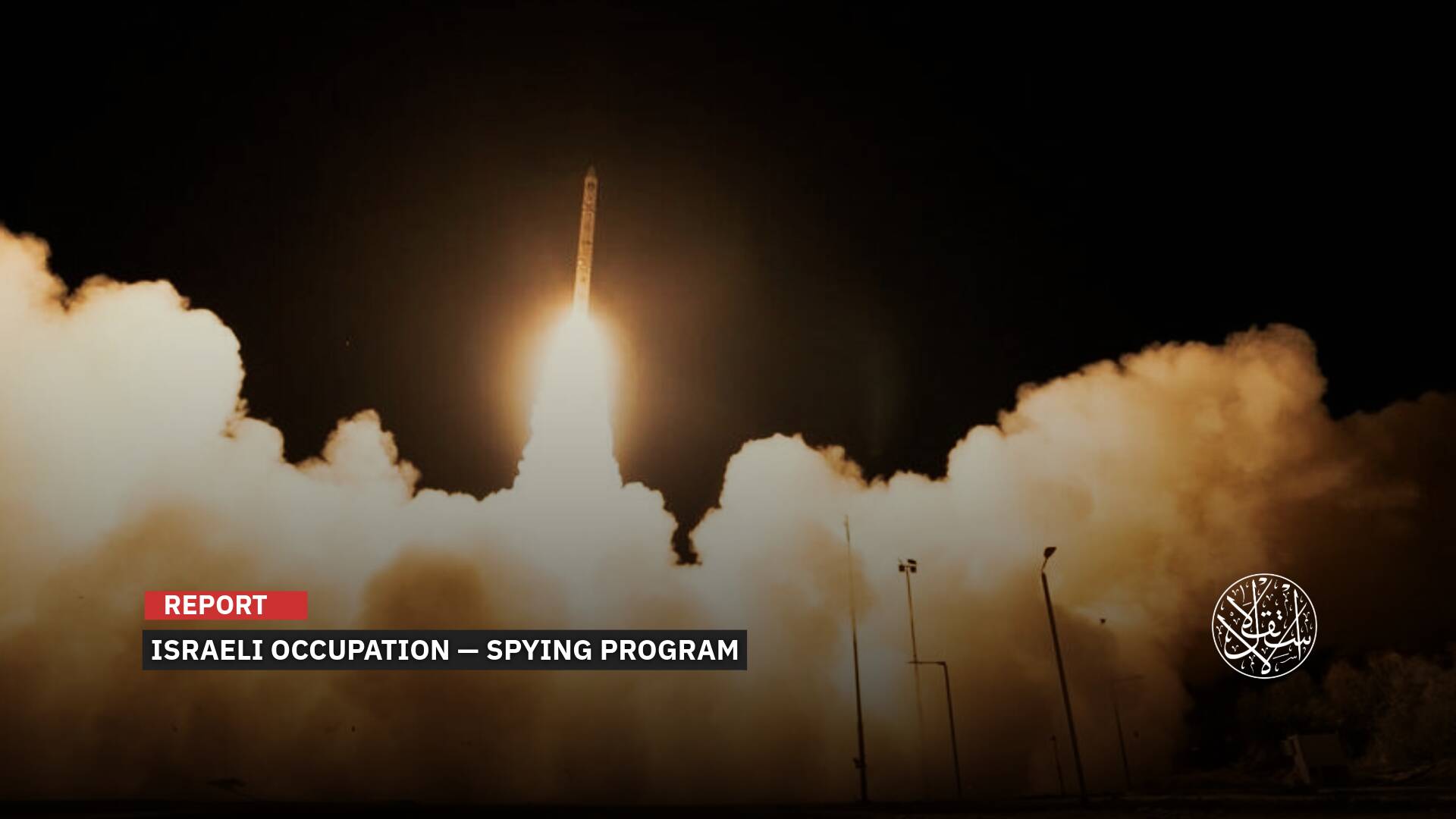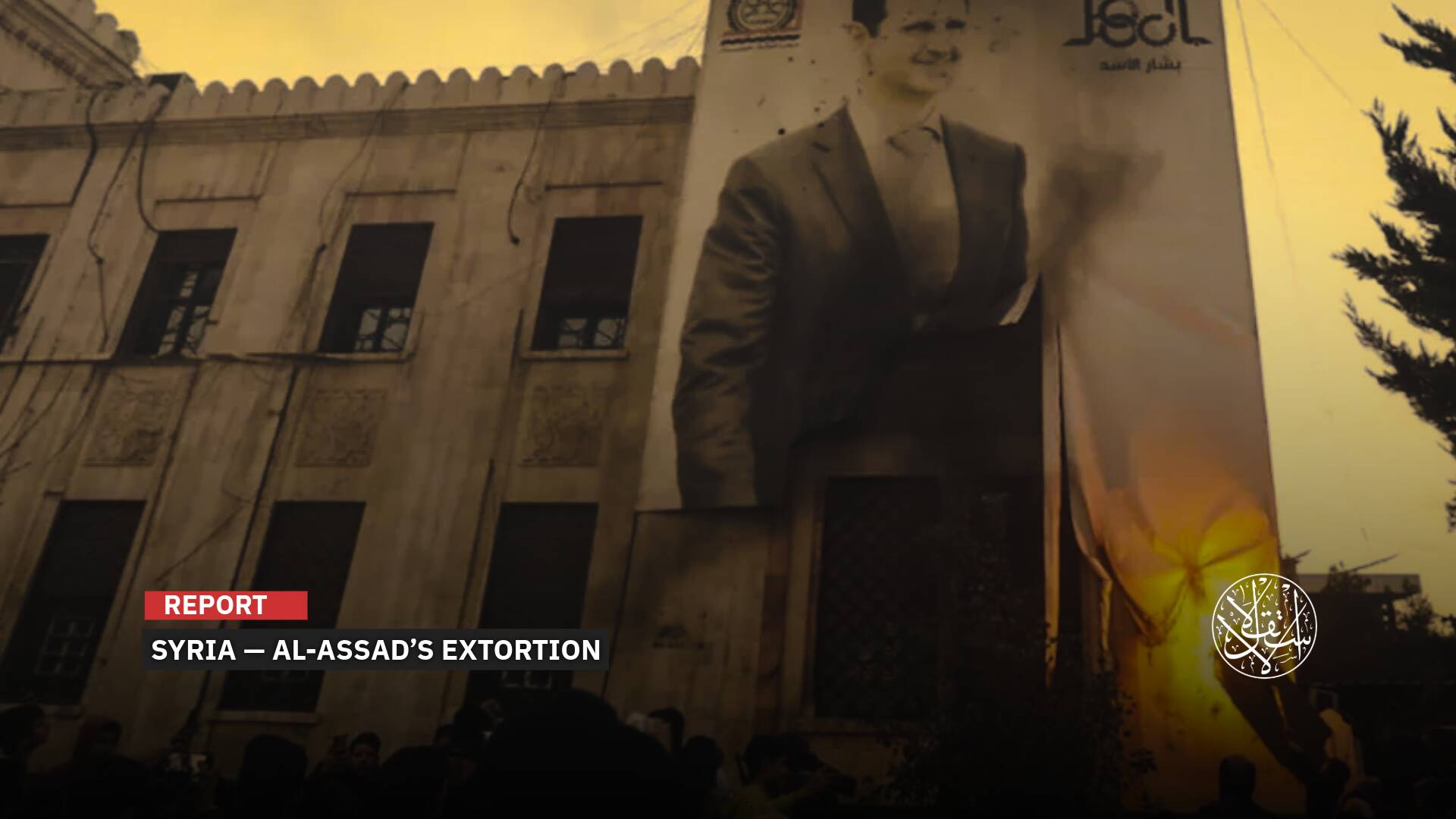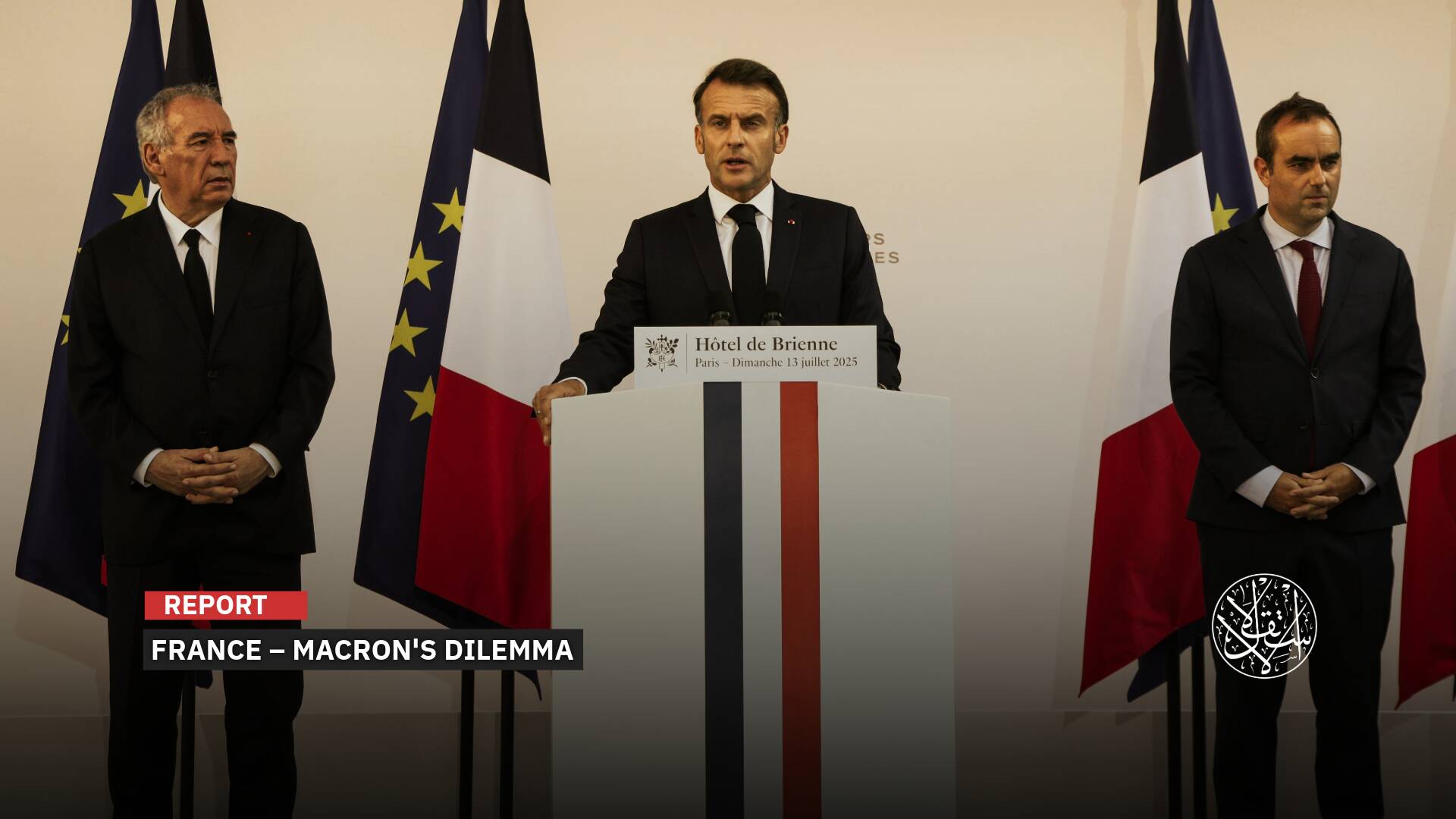Zarif's Statements in Davos: What is Revealed about Iran's Influence on Hamas' Decisions?

If Iran had known about Operation al-Aqsa Flood, it would have stopped it.
Since the Palestinian Resistance Movement (Hamas) launched Operation al-Aqsa Flood on October 7, 2023, Iran has firmly denied any involvement.
More recently, it has even taken a harsher stance, openly criticizing Hamas and accusing it of undermining its nuclear negotiations.
Tehran’s efforts to distance itself from an operation that reshaped the Middle East have raised a fundamental question about its relationship with Hamas.
Was Iran seeking to use Hamas as a tool, or did it support the movement as a genuine Palestinian liberation force striving to reclaim occupied lands?
Criticism and Accusations
The latest and most striking rejection of Operation al-Aqsa Flood from Iran came from Mohammad Javad Zarif, Iran’s Deputy President for Strategic Affairs.
In an unprecedented attack on Hamas, he accused the resistance movement of acting solely in its own interests.
Speaking during the 55th annual World Economic Forum (WEF) meeting in Davos on January 23, 2025, Zarif said Hamas leaders have always prioritized their own cause, even at the expense of others, and they have never followed orders. However, he also reaffirmed Iran’s longstanding support for the Palestinian movement.
“We had no prior knowledge of the October 7 attack.”
“We did not know about October 7 [...] We were supposed to have a meeting with the Americans on JCPOA renewal on October 9, which was undermined and destroyed by this operation,” he added.
The JCPOA, a product of two years of intensive negotiations between Iran and the United States, was unilaterally abandoned by the Trump administration in 2018. Since then, Tehran has refused direct talks with Washington.
Although Zarif’s remarks were the clearest and most direct in rejecting any Iranian involvement in Operation al-Aqsa Flood, they were not the first of their kind. Since October 2023 and up until the announcement of a ceasefire in Israeli Occupation’s war of annihilation against Gaza on January 19, 2025, Tehran has repeatedly denied any role in the attack.
Three days after the operation, Iran’s Supreme Leader Ali Khamenei dismissed any link between Tehran and “the assault on Israel.” However, he praised “the attack,” welcoming what he described as Israeli Occupation’s military and intelligence failure.
“We kiss the hands of those who planned the attack on the Zionist regime,” said Khamenei, who was wearing a Palestinian scarf, in his first televised speech since the attack.
“This destructive earthquake [Hamas' attack] has destroyed some critical structures [in ‘Israel’] which will not be repaired easily [...] The Zionist regime's own actions are to blame for this disaster,” said Khamenei.
On December 28, 2023, then-Iranian Foreign Minister Hossein Amir-Abdollahian also denied Iran’s involvement, telling a gathering of clerics in Tehran that the Operation al-Aqsa Flood was a completely independent decision by Hamas, according to Iran’s official IRNA news agency.
Echoing this stance, Iran’s Revolutionary Guard commander, Hossein Salami, stated on the same day that the October 7 attack was “entirely Palestinian.”
A year later, Iran reiterated its denial. In response to reports from The Washington Post—which, citing captured documents, claimed that Hamas had sought Iran’s participation in the operation—Iran’s permanent mission to the United Nations dismissed the allegations. It accused “Israel” of having a long history of fabricating lies, manipulating forged documents, and spreading misinformation, urging the public not to fall for “Israel’s distortion of facts.”

The True Face
Regarding Zarif’s remarks and whether they reflect Iran’s true stance on the Operation al-Aqsa Flood, Jordanian writer Ehsan Fakeeh stated, “Had the Iranians known about the preparations for October 7, it would never have happened in the first place.”
“Javad Zarif is currently Iran’s vice president and a former foreign minister. He is one of the most prominent Iranian figures in Western circles, with deep-rooted and extensive connections. He is the face Iran presents when engaging with the West,” Fakeeh posted on X.
“What Zarif said here is the truth, and Hamas has been saying this from the start—there is nothing new in his statement, but the Iranians are being honest on this point: Hamas did not inform anyone about Operation al-Aqsa Flood, and if they had, the operation would not have happened at all.”
Iraqi researcher Ahmed Alsamarrai, a specialist in Middle Eastern affairs, believes that Operation al-Aqsa Flood came at a steep cost for Iran. “Had Iran known about it in advance, it would have prevented it, knowing that the fallout would be disastrous given its financial support for Hamas, which would inevitably implicate Tehran,” he told Al-Estiklal.
“Iran knew that al-Aqsa Flood would be used as a pretext for Israel to target the country, as it would have crossed the limits of its regional coordination with both Israel and the West. And that’s exactly what happened—Hezbollah was devastated, and Bashar al-Assad’s regime in Syria collapsed.”
According to Alsamarrai, Iran has never directly confronted “Israel” or the West militarily. “All its rhetoric about Palestine and the liberation of Jerusalem serves as propaganda for its expansionist project in the region, using the Palestinian cause as a cover to dominate the Arab world.”
He also noted that as Iran’s vice president, Zarif’s accusation against Hamas is unambiguous. “He explicitly blamed Hamas for sabotaging Tehran’s nuclear talks with the United States—yet another loss for Iran, adding to the setbacks it has suffered in the region as a result of Operation al-Aqsa Flood,” the researcher added.

Heavy Losses
Operation al-Aqsa Flood brought no good news for Iran and its regional axis. Despite Tehran’s attempts to stay out of direct battles with “Israel” under the so-called “Unity of the Arenas” doctrine, it ultimately found itself compelled to engage, given its long-standing stance as “a resistance supporter against the Israeli Occupation.”
On multiple occasions, Iranian figures and their allies—most notably former Hezbollah leader Hassan Nasrallah—stressed that they were unwilling to be dragged into a full-scale war with “Israel.” While rejecting an all-out confrontation, they continued to voice support for the Palestinian Resistance.
Hezbollah engaged in cross-border clashes with “Israel” as part of what it called the “Support Front” for Gaza. However, these skirmishes remained relatively restrained for nearly a year until September 2024, when “Israel” escalated tensions by detonating around 5,000 pager devices used by Hezbollah members and leaders.
In response, Hezbollah launched heavy rocket barrages targeting the military-industrial complex of Rafael Advanced Defense Systems near Haifa and struck the Ramat David airbase southeast of the city with dozens of Fadi-1 and Fadi-2 missiles.
“Israel” retaliated with intense strikes on Beirut and the southern suburbs, announcing the assassination of former Hezbollah Secretary-General Hassan Nasrallah and several senior leaders during a meeting on September 27, 2024.
The ensuing battles between “Israel” and Hezbollah escalated into a prolonged and grueling conflict, inflicting severe losses on the group, particularly among its military and political leadership. The fighting persisted until a 60-day ceasefire agreement took effect on November 27, 2024.
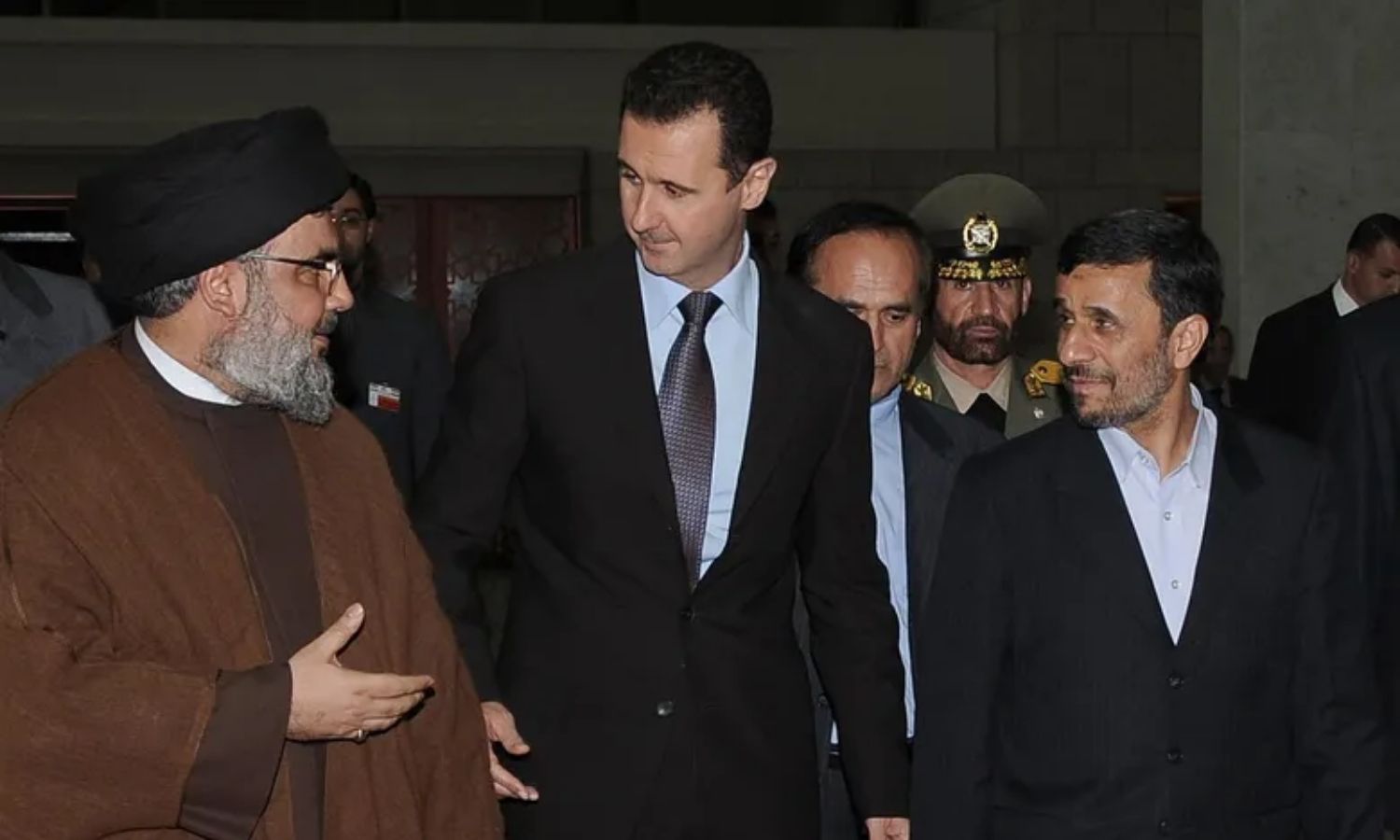
On the same day the Lebanon ceasefire was announced, Syrian armed factions launched Operation Deterrence of Aggression in northwestern Syria, advancing rapidly to reclaim cities from the grip of Bashar al-Assad’s regime. Within just 11 days, they seized Damascus, leading to Assad’s downfall on December 8, 2024.
The destruction of Hezbollah and the ousting of Syria’s former head of the regime dealt a severe blow to Iran’s regional dominance, effectively dismantling the so-called “Shia Crescent” that Tehran had spent 40 years building.
Following Assad’s removal, the head of Syria’s new administration, Ahmed al-Sharaa, described Iran’s influence in the Middle East as a “disease” that plagued the region for four decades—one that, he claimed in a televised interview on December 29, 2024, was eradicated in just 11 days.
Sources
- ‘We did not know’: Iran says Hamas' October 7 attack on Israel ‘destroyed’ chance to revive nuclear deal with US
- Iran's Khamenei says Tehran was not behind Hamas attack on Israel
- Captured documents reveal Hamas’s broader ambition to wreak havoc on Israel
- Khamenei denies Iran's connection to al-Aqsa flood, describes it as a devastating earthquake [Arabic]
- Abdollahian denies Iran's involvement in October 7 attack: Independent Palestinian decision [Arabic]
- 40 Years of Support: Is the West Reaching Its Limit on Shia Expansion in the Region? [Arabic]
- With destructive missiles: Hezbollah bombs deep inside Israel [Arabic]


